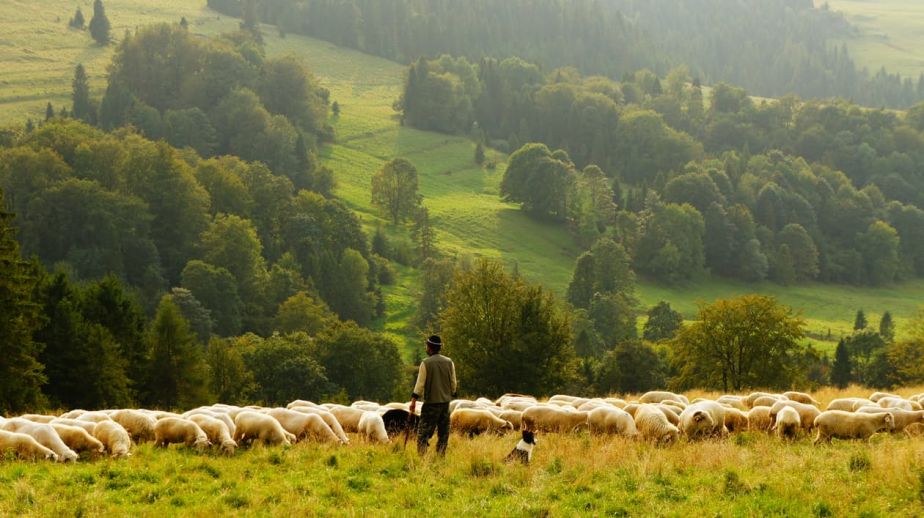Media Releases
Can greens and graziers be friends?

James Cook University scientists say even though the two are often thought to be in opposition, a mix of farming and conservation may be a good way to protect some environments.
JCU’s Heather Neilly, co-author of a new paper funded by Meat and Livestock Australia and the Department of Agriculture and Fisheries, said open-country rangelands are already places where a large amount of biodiversity can live, and it’s possible for grazing to successfully coexist with a great deal of biodiversity.
“Fully protected areas are increasingly considered inadequate to conserve all biodiversity into the future. There are not enough of them, they are not big enough, and they do not protect all habitat types adequately,” she said.
Ms Neilly said rangelands cannot replace protected areas, but they could contribute to conservation. But she says the question remains, can they be managed to achieve the ecological, economic and social outcomes required by both environmentalists and graziers?
The researchers reviewed current knowledge on the impact of grazing in rangelands and found the available research lacking.
“Most studies compare grazed and ungrazed areas. Such research demonstrates that grazing can have an impact on biodiversity, and leads to recommendations not to graze, but does not tell us how to graze to achieve the best outcomes for biodiversity on grazed land,” said Ms Neilly.
She said at the moment, scientists could not tell farmers what the right mix of use was to achieve the best outcomes for conservation possible, given an understanding that the land is grazed for profit and meat production.
“All we can say is ‘don’t run cattle’ if you want to protect the land for biodiversity. It’s not useful advice.”
Professor Lin Schwarzkopf supervised the study. She said that by using specific grazing strategies, profit may be possible, and faunal diversity may remain relatively constant. “We need more experiments, comparing the effect of different grazing strategies on both profit and biodiversity, to determine the best mix,” said Professor Schwarzkopf.
Heather Neilly
E: heather.neilly@my.jcu.edu.au
